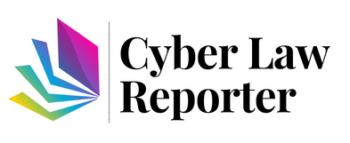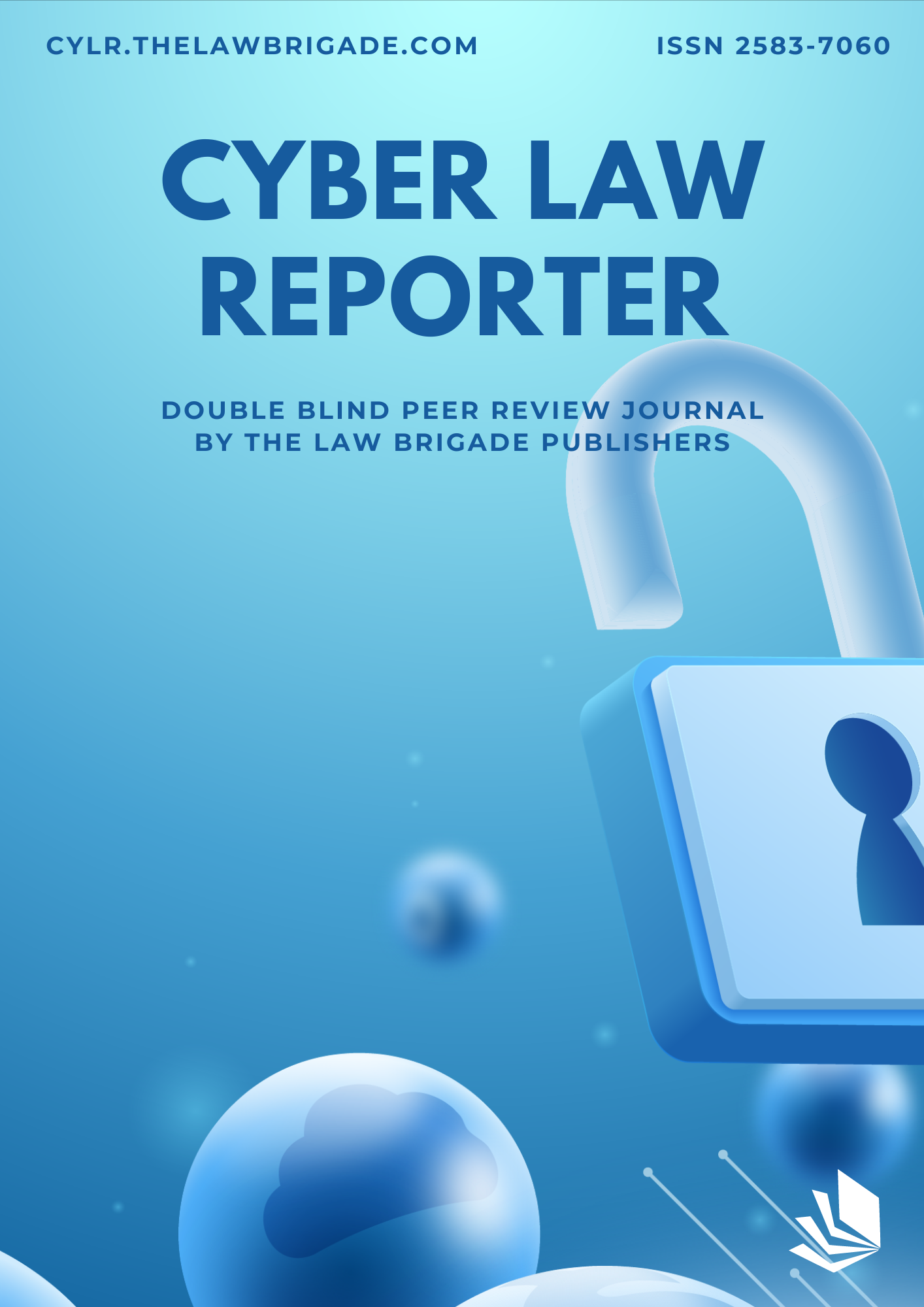There are many benefits to the Internet’s rapid growth, such as e-commerce, banking, email, and cloud computing, but there are also drawbacks, such as hacking and backdoors. The first major challenge that governments, organisations, and regular people face around the world is hacking, which includes reading other people’s emails, obtaining credit card information from an online store, and secretly transmitting secrets to the public Internet. An ethical hacker can assist persons who have been hurt as a result of hacking.
The ethical hacker operates in good conscience. People now have a widespread perception of hackers as malevolent, obsessive, criminal, and unethical. In essence, some hackers have even harmed some firms by collecting sensitive data about clients. In various government entities, highly confidential information, such as social security numbers and other classified information, has been interfered with. This clarifies the reason why hackers have a bad image. Ethical hackers’ goal is to assess and investigate the system’s weaknesses and flaws. A different perspective contends that without hackers, software faults and weaknesses would go undetected.
The author attempts to establish the concept of Ethical Hacking in this technologically driven world with this study. An investigation into the many tools and techniques involved in Ethical Hacking has been made.





